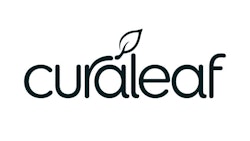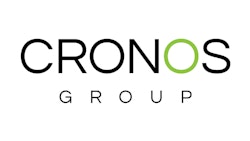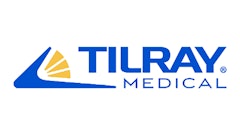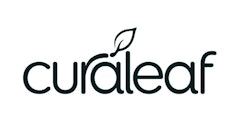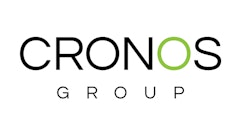
The Turkish Parliament passed legislation on July 20 that will allow licensed pharmacies to sell low-THC products derived from hemp to medical patients with certain conditions.
Although Turkish media outlets referred to the reform as medical cannabis legalization, the new law focuses on expanding the country’s industrial hemp program from cultivation to a full supply chain that includes cannabinoid processing, distribution and sales of nonintoxicating products.
Regardless of whether it’s called cannabis or hemp, access to cannabinoid medicines will be expanding in Turkey, where lawmakers in 2016 approved legislation allowing only for sublingual sprays, like Sativex (nabiximols), a pharmaceutical that can alleviate neurological conditions.
Editor’s note: The 0.3% delta-9 THC threshold to differentiate hemp from cannabis in the U.S. dates back to the Agricultural Marketing Act of 1946; however, the threshold became more widely accepted globally after 1976, when Canadian taxonomist Ernest Small and American botanist Arthur Cronquist published an article in the journal Taxon entitled “A Practical and Natural Taxonomy for Cannabis,” even though they wrote that they “arbitrarily” adopted that concentration level.
RELATED: European Parliament Votes to Bring Hemp THC Level Back to 0.3%
Currently, Turkey permits licensed industrial hemp cultivation in 19 of its 81 provinces, but more regions are expected to adopt cultivation programs under the new law, the Hürriyet Daily News reported. Specifically, Turkey’s industrial hemp production grew from 280 tons in 2020 to more than 1,700 tons in 2024 following a call by President Recep Tayyip Erdoğan for farmers to ramp up the agricultural commodity.
“I am calling out to my nation; let’s start the process to cultivate industrial hemp,” Erdoğan said in early 2019. “We will see that industrial hemp has many different benefits in many different areas.”
Industrial hemp is primarily grown for fiber and grain, as hemp grown for cannabinoids, like THC and CBD, represents a separate market segment.
While Turkey’s Ministry of Agriculture and Forestry will continue to oversee hemp cultivation and harvesting under the country’s recently passed legislation, the Ministry of Health will have the authority to license and regulate hemp processing and pharmacy product sales to medical patients. Also, the Ministry of Health will govern a new electronic track-and-trace system to help ensure compliance and safety.
The Ministry of Health will also determine potential regulations around importing and exporting hemp, Turkish news site Haberler.com reported.
The new law amends Turkey’s “Health-Related Laws and Decree Law No. 663,” allowing for medical patients diagnosed with conditions ranging from chronic pain and epilepsy to cancer, multiple sclerosis, and certain psychological disorders, like post-traumatic stress disorder, to access the low-THC products.
While Turkey is primarily in West Asia, it joins many of its European neighbors, prominently Germany, in adopting more permissive cannabis laws.
RELATED: German Cannabis Market Establishes Foundation for Global Industry Expansion
Turkish Parliament Member Leyla Şahin said the new law aims to enhance Turkey’s competitiveness in a growing global sector, sparking potential economic growth through attracting international pharmaceutical companies, investors and research initiatives, the Hürriyet reported.
Those who violate provisions under Turkey’s new law will be fined twice the sales prices of all products subject to the violation, with increased penalties for subsequent offenses.
Historically, Turkey has had strict drug penalties, including up to five years in prison for possessing cannabis, while those who traffic illicit drugs can face 10-to-20-year sentences, according to the country’s penal code.











